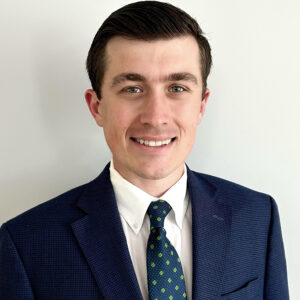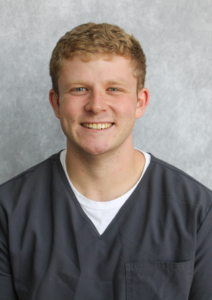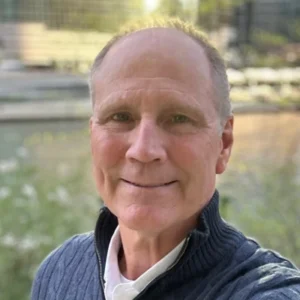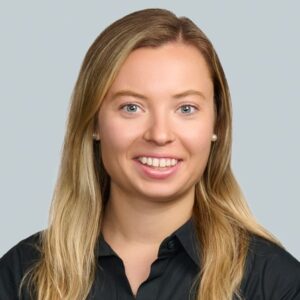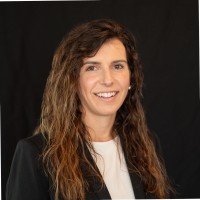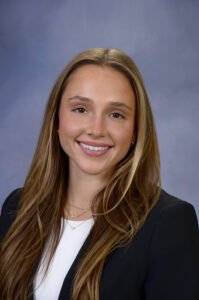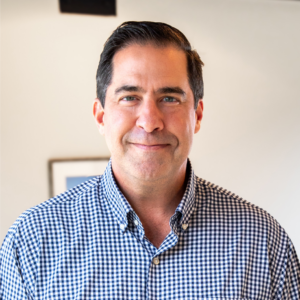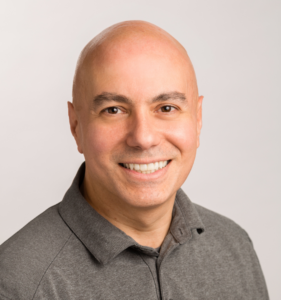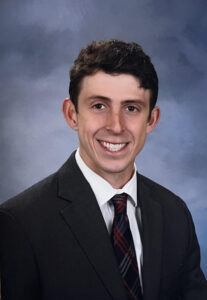
Name: Alex Kanya
Class Year: 2022
Title: Communications Associate
Organization Name: Northeastern University
1. In one sentence, what does your job entail?
I work in internal communications for Northeastern’s Office of the Chancellor, so I’m responsible for executing employee engagement, learning, and recognition events, managing online resources to support staff needs, and supporting teams within the Chancellor’s Office when they want to improve their communications strategies and practices.
2. What planned and unplanned events connected you to your industry and your first employer after Holy Cross? How did you learn/decide it was a good fit for you?
Frankly, I loved my time at Holy Cross, and that was the initial draw towards staying in higher education. I knew I wanted to be in Boston, and this opportunity at Northeastern actually was my first role after HC. There was definitely a learning curve going from the Hill to a place like NU, with campuses in three different countries, but the work I’ve been doing to support staff members across multiple divisions (student life, athletics, digital learning, enrollment management, and more) has further solidified my appreciation for the hard work that goes behind-the-scenes in higher education. My favorite part about my job is the opportunity to spotlight work that would otherwise potentially go unnoticed, and the chance to serve as a resource for colleagues whose day-to-day activities are wildly different from my own, and the more I’ve learned about Northeastern and about the responsibilities of internal communications, the more I’ve felt that I’ve come into my own in this role.
3. What were you involved in when you were on campus?
I was a captain of the ultimate frisbee team, a Gateways orientation leader and central staff member, a member of the club running team, and at various points in my time on the Hill, a participant in programs such as Unified Sports, the College Democrats, Community-Based Learning, and the Nonprofit Careers Conference.
4. What was your major and how did it affect your career decisions?
I was a History major with a Rhetoric and Composition interdisciplinary minor. I would say the impact this made on my career decisions was the knowledge that I was a confident writer, critical thinker, and communicator, which I was especially able to develop while writing a thesis for History Departmental Honors my senior year. I had also interned at Special Olympics Connecticut in marketing and communications, and I felt confident that between my academic and professional experiences, I could be an effective contributor to a communications team in the higher ed world.
5. What are one or two skills that you developed at Holy Cross that you use in your work?
One skill that definitely comes to mind is the ability to empathize and engage with people whose experiences differ from my own. My junior year, I was involved Project Empathy on campus, and beyond that, it was one of my main takeaways from programs like Gateways and serving as a leader in campus clubs and organizations. Knowing your audience and understanding the person behind whatever’s happening goes a long way in building connections, and at a massive university like Northeastern, it’s impossible to be a resource or support for people without first committing to caring about and understanding their perspectives.
6. What advice do you have for students on campus today?
My #1 piece of advice for current students is to take a deep breath and recognize that everything you’re doing, not just time in the classroom, is contributing to your growth and ability to become the best version of yourself. It’s okay to balance hard work in the classroom with clubs, organizations, and relationships that bring you joy, and sometimes the intangible skills you develop in those contexts will be massive assets to you in whatever you pursue next, whether it’s graduate school, work, or anything else!
7. What are your thoughts on how AI has impacted or will impact your industry? What advice do you have for students as they prepare to enter a professional world where AI is prevalent?
Still being in higher ed, there’s 100% a feeling of uncertainty or confusion with the advancements in AI. I would say the thought I routinely come back to is that it cannot and should not replace a human touch. AI can absolutely be useful as a tool/resource, but it shouldn’t replace research, writing, or thinking critically about a subject. Personally, I tend to be a bit of an AI skeptic, especially from the lens of sustainability, but there’s no denying that in work and school contexts it’s here to stay, so it’s about making sure it’s used as a resource and not a replacement.
